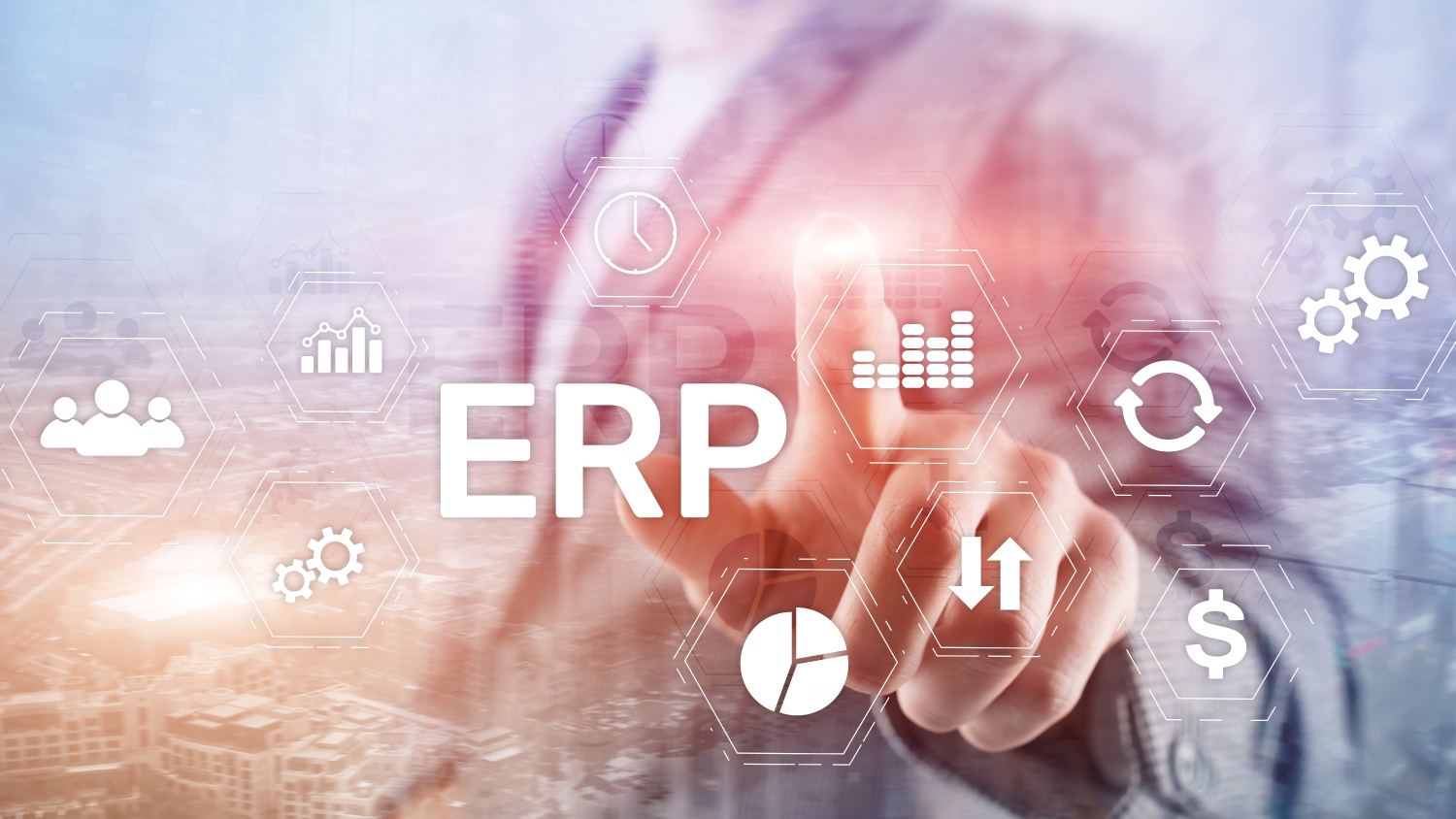Enterprise resource planning (erp) systems are continually evolving, and as we move into 2024 and beyond, several key trends are expected to shape the future of these integral business tools. This article explores the anticipated trends in erp systems, focusing on how they are set to enhance business efficiency, integration, and adaptability in the rapidly changing business landscape.
Increased integration with ai and machine learning
The integration of artificial intelligence (ai) and machine learning (ml) into erp systems is set to rise significantly. These technologies enable more intelligent data analysis, predictive analytics, and automation of routine tasks. According to gartner, by 2024, ai will be a standard feature in 80% of modern erp systems.
Cloud-first and mobile-first approach
Cloud-based erp solutions are becoming the norm, offering flexibility, scalability, and cost-effectiveness. A cloud-first approach allows for easier integration with other cloud services. Additionally, a mobile-first strategy will become more prevalent, providing real-time access to data and erp functionalities from anywhere, enhancing remote work capabilities.
Enhanced focus on user experience (ux)
There will be a stronger emphasis on improving the user experience in erp systems. Simplified interfaces, personalized dashboards, and intuitive navigation are expected to become standard features, making erp systems more user-friendly and accessible.
Greater emphasis on data security and privacy
As erp systems increasingly handle sensitive data, security and privacy concerns will drive innovations in this area. Enhanced encryption, advanced access controls, and compliance with global data protection regulations like gdpr will be key focus areas.
Iot integration
The integration of the internet of things (iot) with erp systems is poised to grow. Iot devices can provide real-time data that erp systems can use for monitoring, analysis, and decision-making processes, particularly in manufacturing and supply chain management.
Extended reality (xr) integration
Extended reality (xr) – which includes virtual reality (vr), augmented reality (ar), and mixed reality (mr) – is expected to be integrated into erp systems for training, simulations, and enhancing data visualization capabilities.
Advanced customization and flexibility
Erp systems will offer more advanced customization options to cater to the unique needs of businesses. Modular designs and flexible architectures will allow organizations to tailor their erp systems without extensive coding.
Sustainability management features
With an increasing focus on sustainability, erp systems are expected to include features that help businesses measure, monitor, and manage their environmental impact, aligning with global sustainability goals.
Blockchain integration
Blockchain technology is likely to be integrated into erp systems for enhanced security, transparency, and efficiency, particularly in supply chain management and financial transactions.
Predictive maintenance
For industries reliant on machinery and equipment, erp systems will increasingly offer predictive maintenance capabilities, using ai and data analytics to predict equipment failures before they occur.
Conclusion
The future of erp systems is marked by advancements in technology integration, user experience enhancement, data security, and sustainability management. As we move into 2024 and beyond, these systems will become more intelligent, flexible, and integral to driving business efficiency and innovation. Businesses that adapt to these trends will be better positioned to meet the evolving challenges and opportunities of the digital era.





